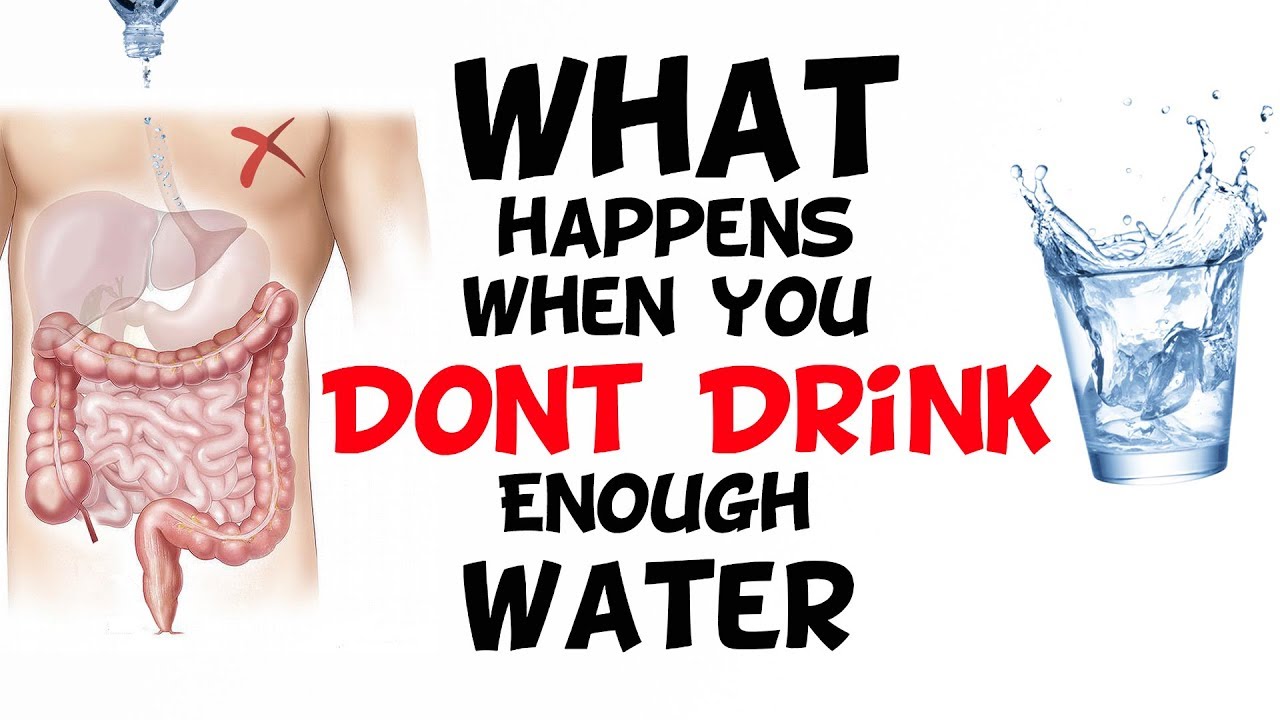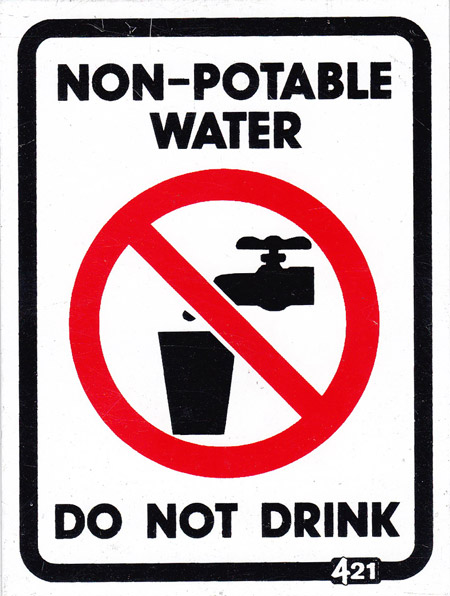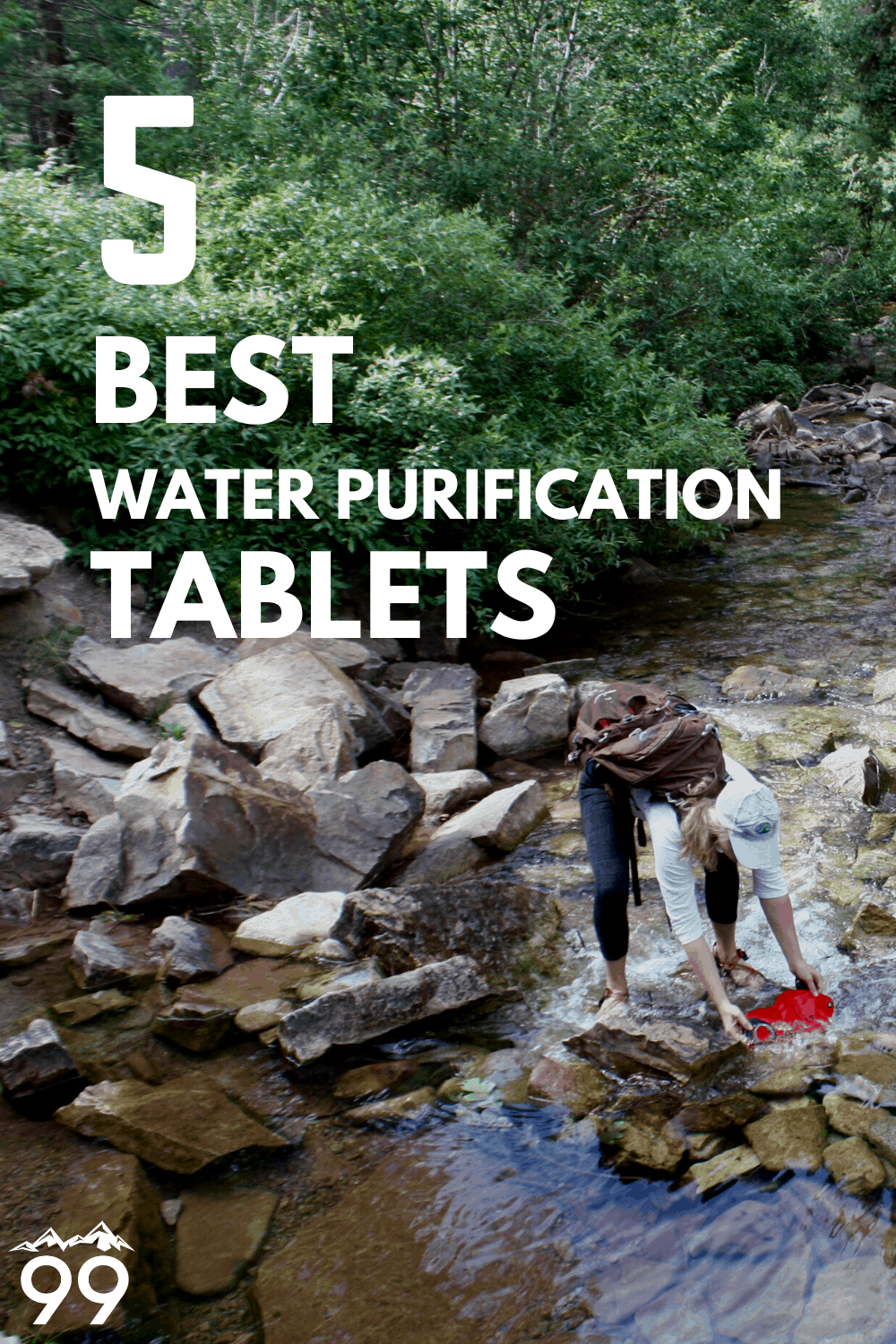Consuming non-potable water can pose significant health risks and may lead to a range of adverse effects on the human body. Here are some potential consequences of drinking non-potable water:

1.Gastrointestinal Problems: Non-potable water often contains harmful microorganisms such as bacteria, viruses, and parasites that can cause gastrointestinal distress. Symptoms may include abdominal pain, diarrhea, nausea, and vomiting. In severe cases, these infections can lead to dehydration, malnutrition, and even death.

2.Chemical Contamination: Non-potable water may be contaminated with various chemicals, including heavy metals (such as lead, mercury, and arsenic), pesticides, fertilizers, industrial solvents, and other toxic substances. Ingestion of these chemicals can cause a range of health problems, including neurological damage, kidney and liver dysfunction, reproductive issues, and increased risk of cancer.

Waterborne Diseases: Non-potable water can harbor waterborne pathogens, such as E. coli, Salmonella, Shigella, Cryptosporidium, and Giardia. These pathogens can cause a variety of diseases, including cholera, typhoid fever, dysentery, and giardiasis. These diseases can lead to severe symptoms, including fever, abdominal pain, diarrhea, and dehydration.
Skin and Eye Irritation: Non-potable water may contain high levels of minerals, such as calcium and magnesium, which can cause skin irritation and dryness. It may also contain harmful bacteria that can cause skin infections, such as boils and rashes. Contact with non-potable water can also irritate the eyes, causing redness, itching, and pain.
Long-Term Health Effects: Chronic consumption of non-potable water can lead to long-term health consequences. Exposure to certain chemicals and heavy metals can accumulate in the body over time, increasing the risk of chronic diseases such as kidney disease, liver damage, and certain types of cancer.
Pregnancy and Infant Health: Drinking non-potable water during pregnancy can pose risks to both the mother and the developing fetus. Exposure to harmful substances can increase the risk of birth defects, low birth weight, and other adverse pregnancy outcomes. Non-potable water should also be avoided for preparing infant formula, as it can lead to gastrointestinal problems and infections in infants.
Compromised Immune System: Individuals with compromised immune systems, such as those with HIV/AIDS, cancer, or undergoing chemotherapy, are particularly vulnerable to the effects of non-potable water. Their weakened immune systems may have difficulty fighting off infections caused by pathogens found in non-potable water, leading to more severe illness.
It is crucial to emphasize that the effects of drinking non-potable water can vary depending on the specific contaminants present, the amount consumed, and the overall health of the individual. Therefore, it is essential to avoid consuming non-potable water and prioritize access to clean and safe drinking water to minimize the risk of associated health problems.










